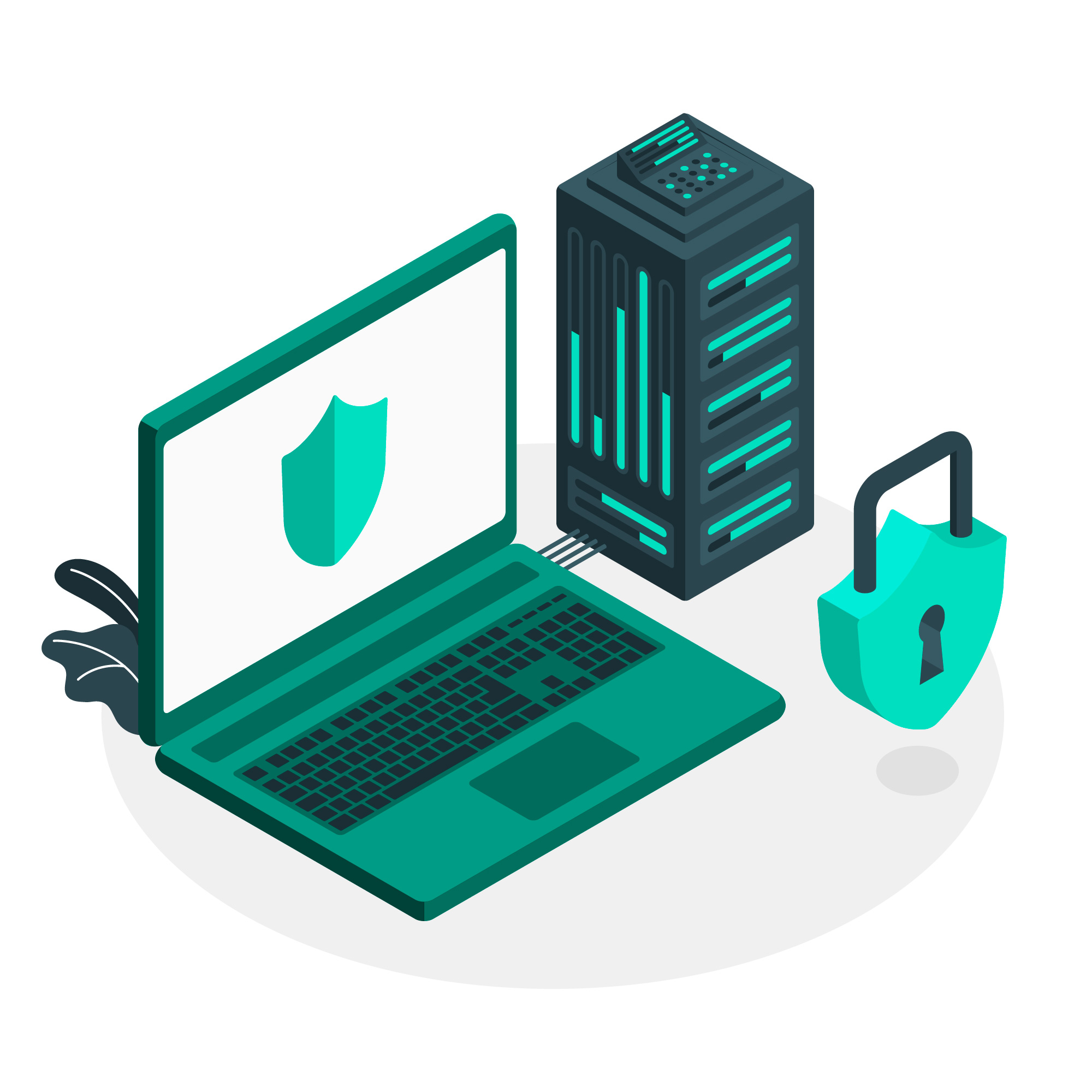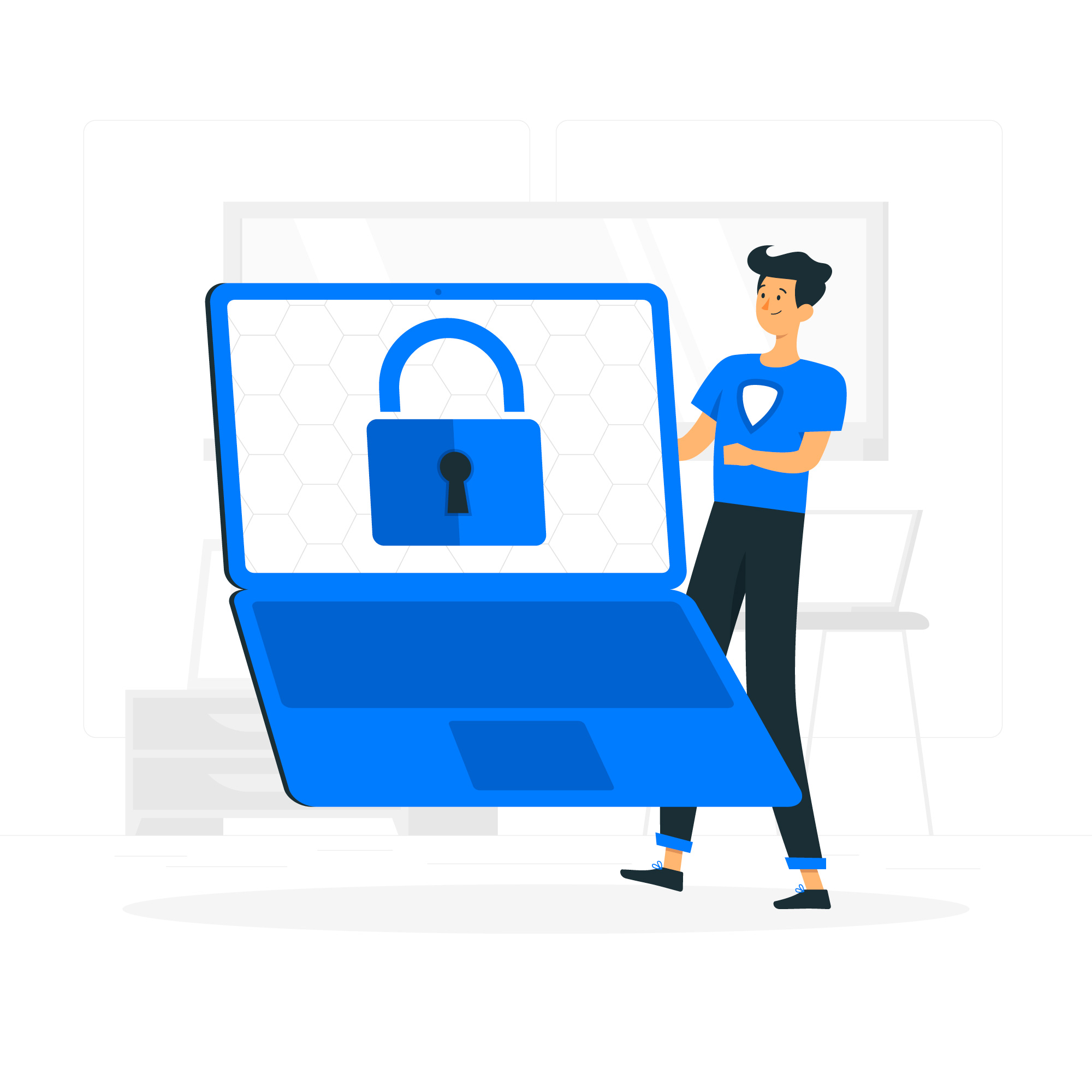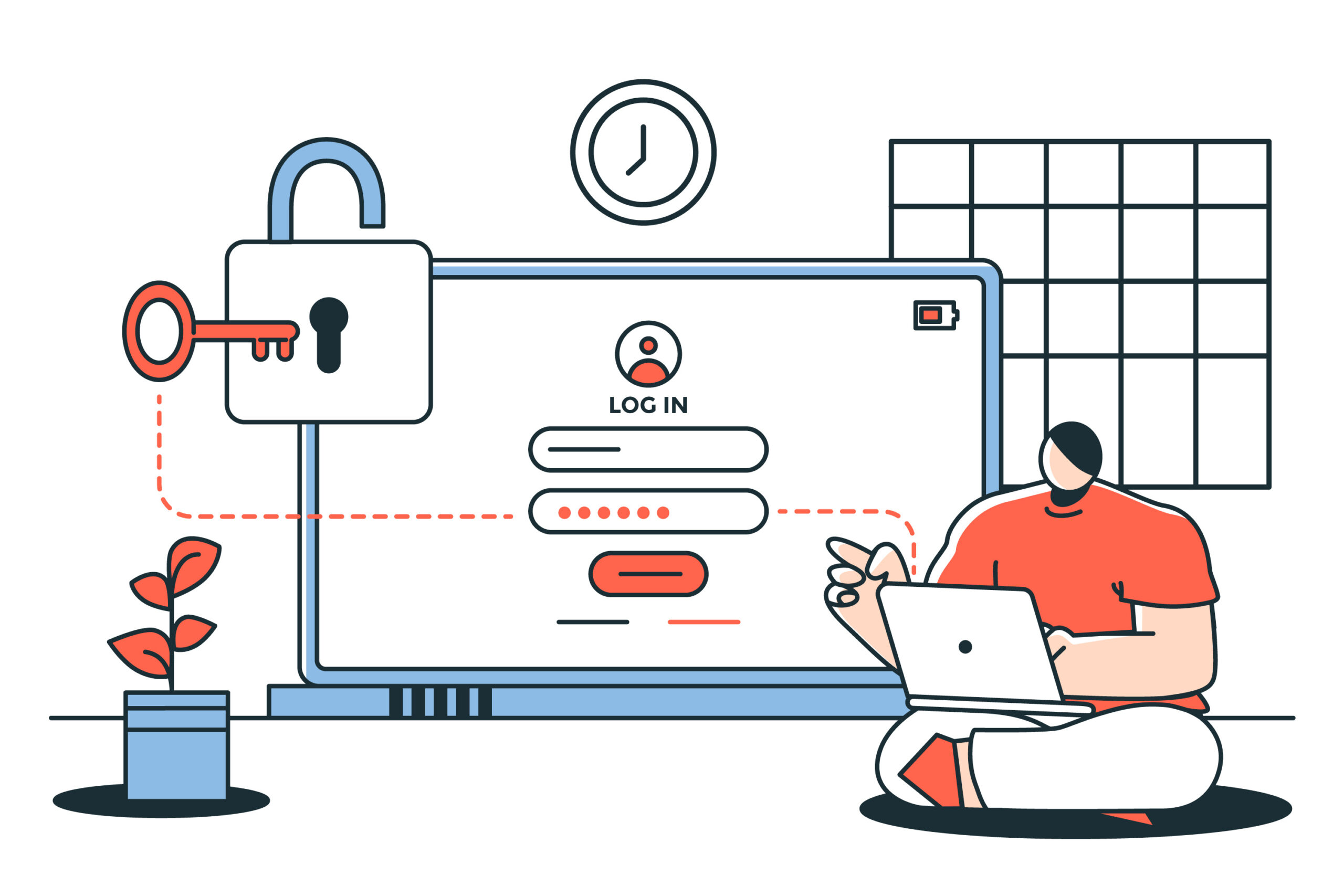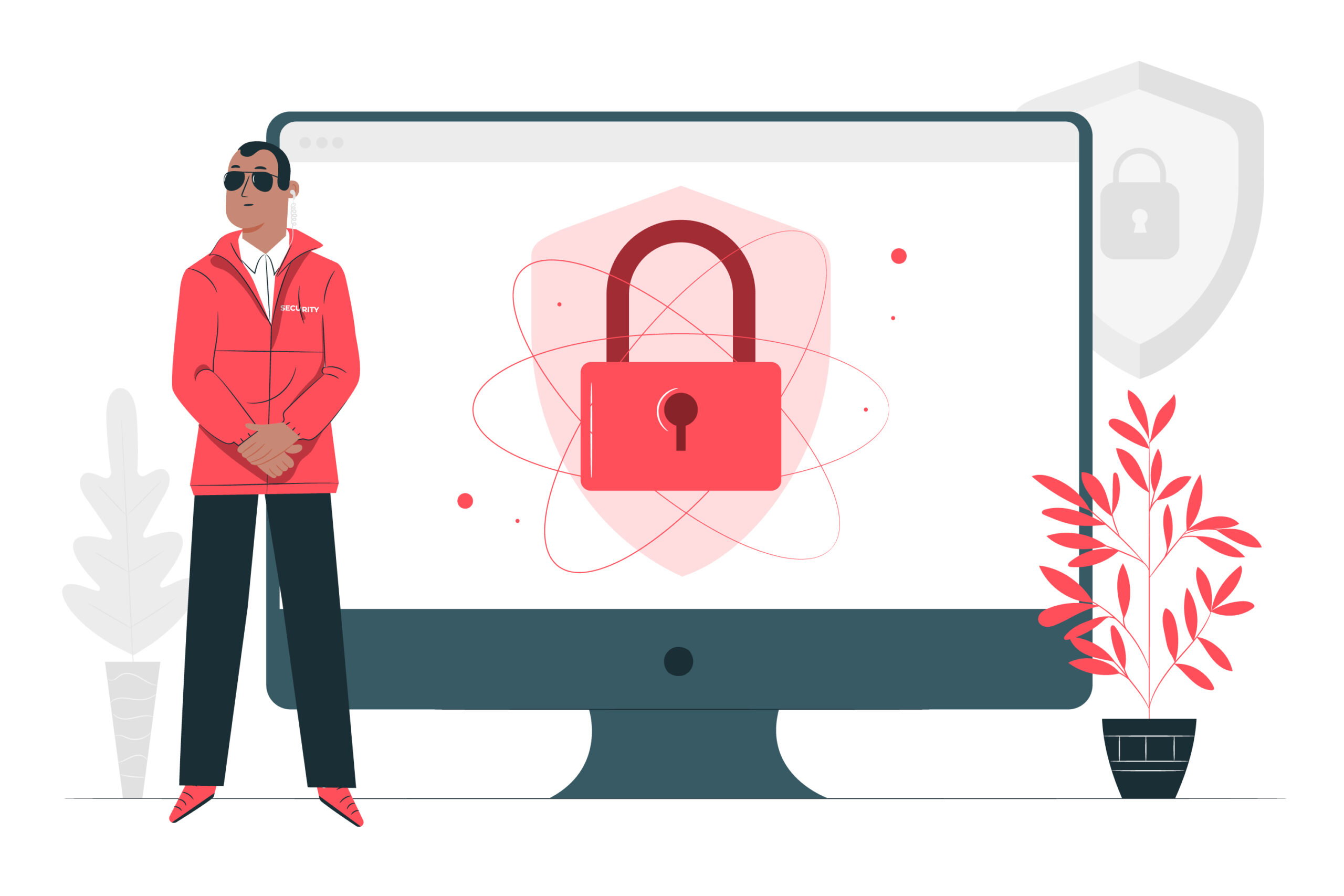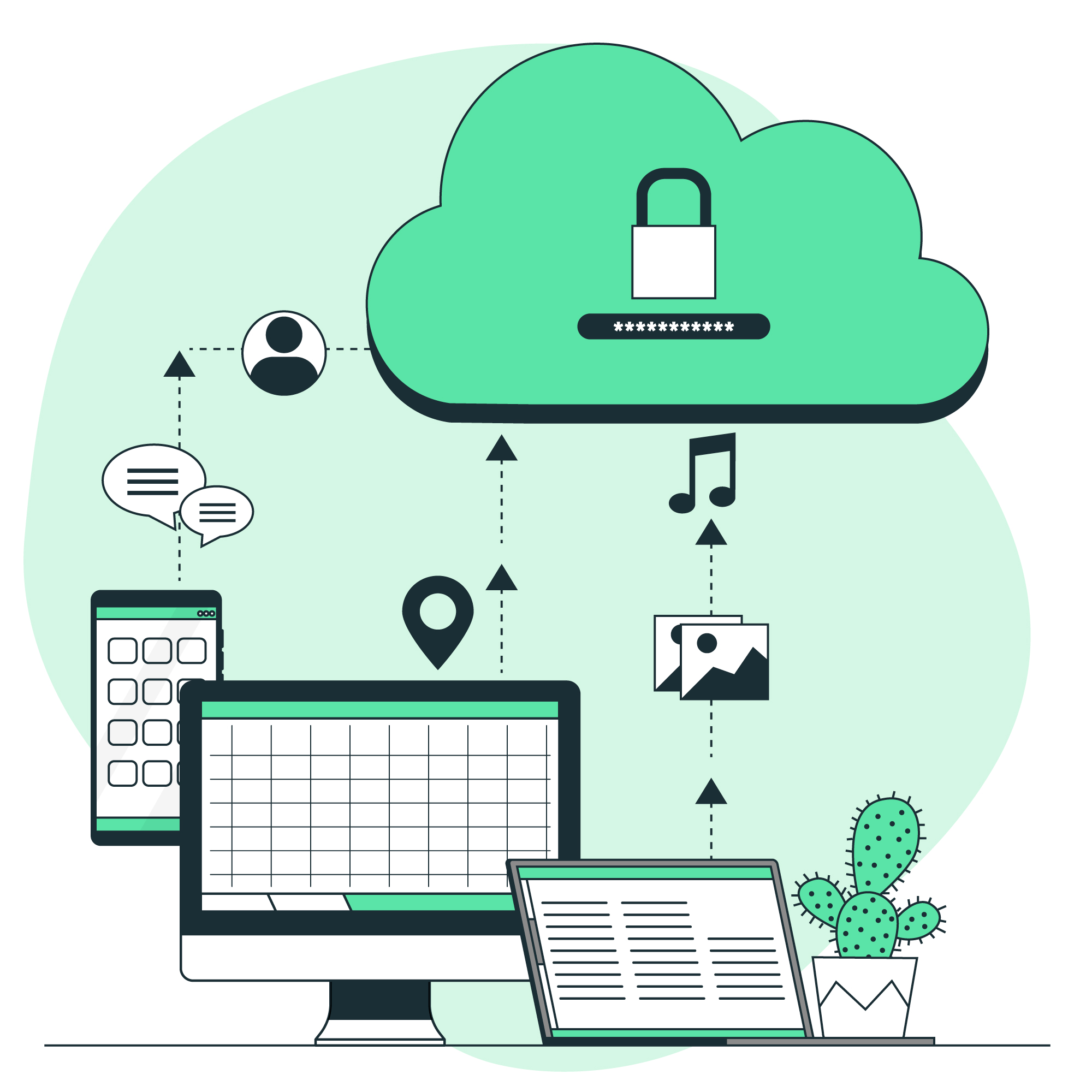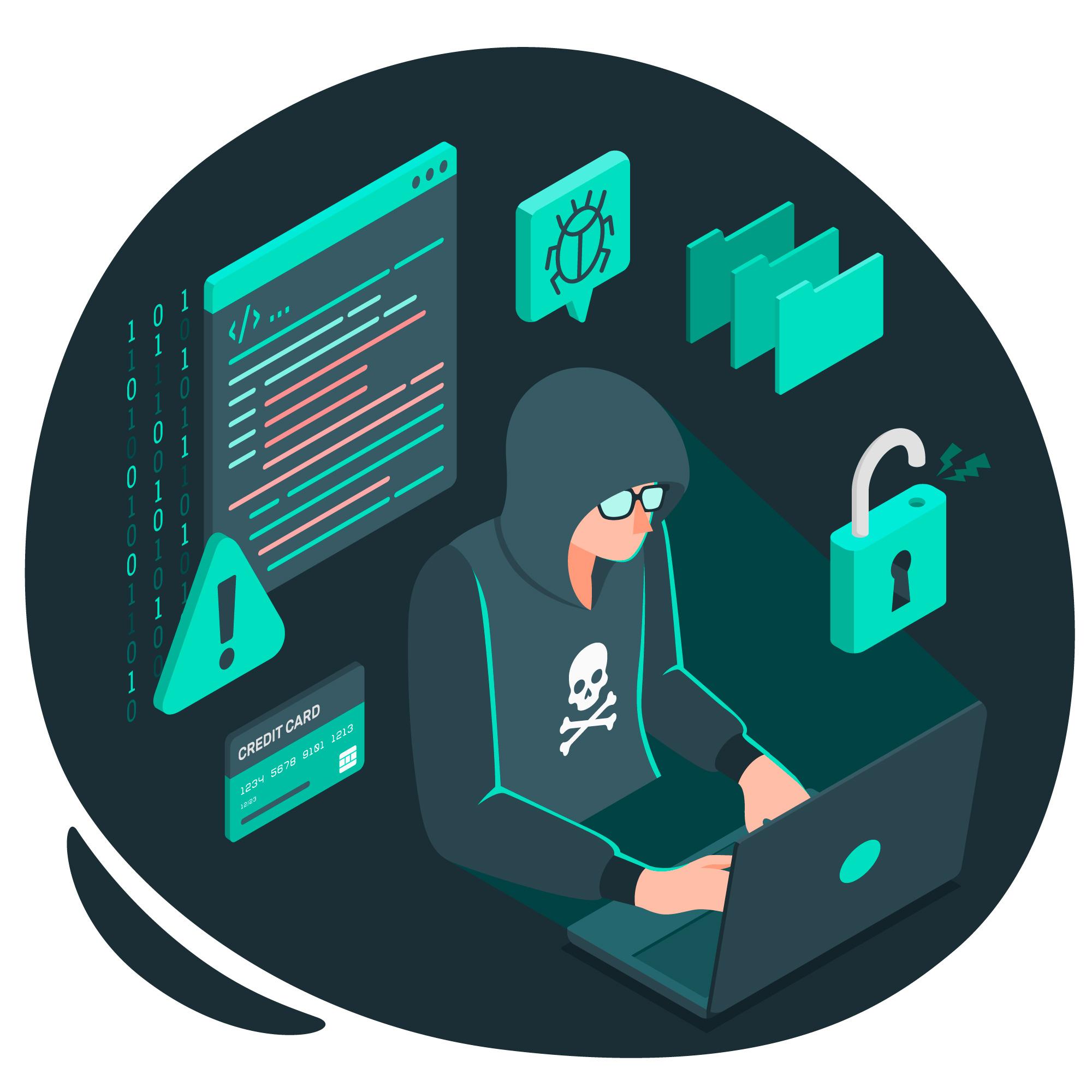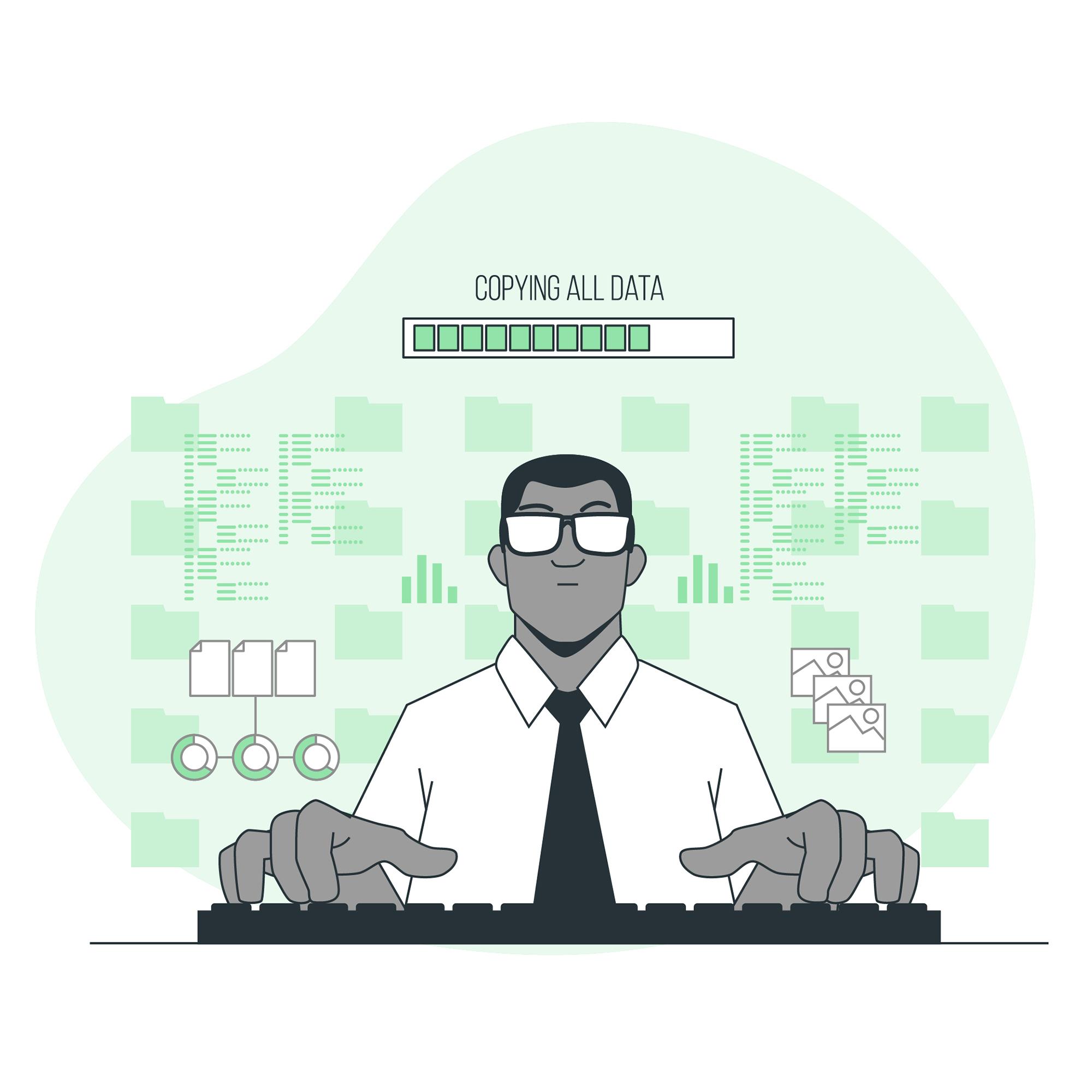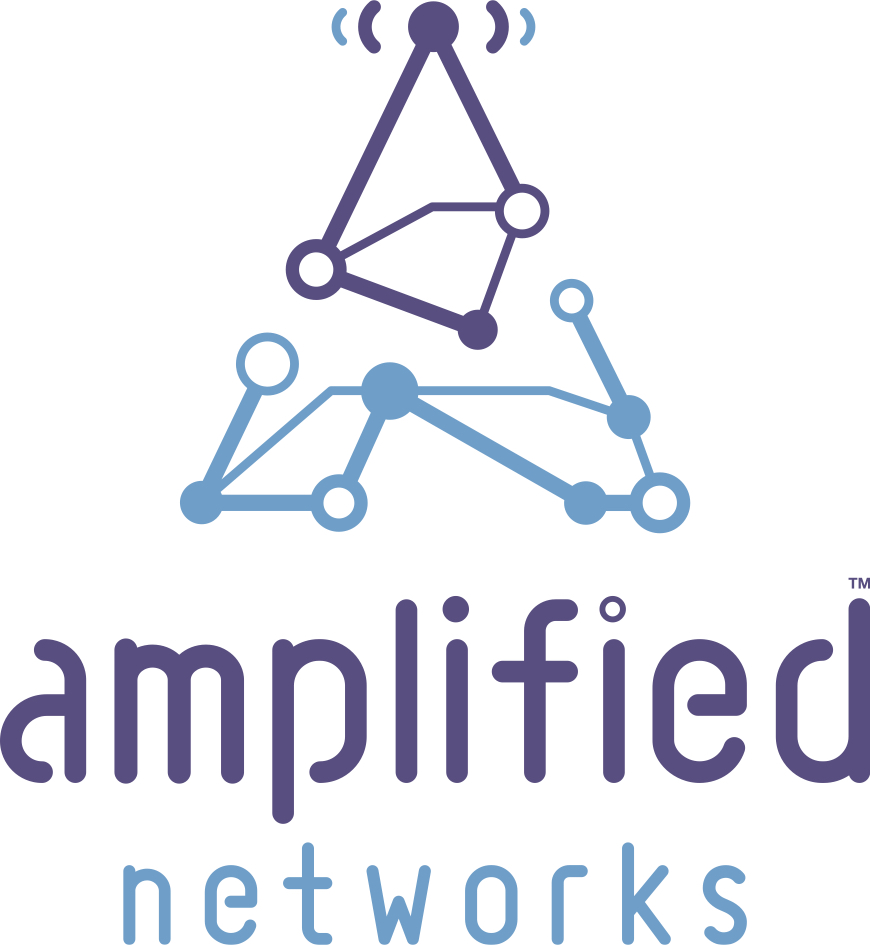Securing Your Home Network: Why It’s Essential and How to Do It
With more people working remotely, connecting smart devices, and streaming online, a secure home network has become essential for protecting personal and professional data. Unfortunately, an unsecured network is a prime target for cybercriminals who exploit weak passwords, outdated software, and network vulnerabilities to gain unauthorized access. This post will explain why securing your home network is crucial, provide steps to enhance security, and highlight the potential risks of an unsecured network.
Why Securing Your Home Network Is Crucial?
Protect Sensitive Data: Your home network connects various devices containing personal and sensitive data, such as computers, smartphones, and smart home devices. An insecure network risks exposing data, including financial information, login credentials, and even private conversations, to malicious actors.
Safeguard Your Privacy: In a connected home, nearly every device—from smart TVs to security cameras—is connected to the internet. If your network is insecure, these devices can be hacked, compromising your privacy. Hackers could monitor your internet activity, spy through webcams, and even control smart devices.
Prevent Unauthorized Access: An unprotected network can easily be accessed by outsiders. This could result in strangers using your internet connection, slowing your network, or worse, conducting illegal activities through your IP address, leading to potential legal repercussions.
Avoid Financial Loss and Identity Theft: Data breaches in an unsecured network could lead to identity theft and financial loss. Attackers may gain access to banking information, credit card details, and online payment credentials, potentially resulting in fraudulent transactions and compromised financial stability.
How to Secure Your Home Network: Essential Steps
1. Change Default Router Settings
Many people overlook router settings after installation, but the default username and password are easy for hackers to guess. Change these default credentials to something unique and secure, and ensure that your router’s settings are password-protected.
2. Set Up a Strong Wi-Fi Password
A strong, unique password is your first line of defense against unauthorized access. Use a mix of upper and lowercase letters, numbers, and special characters to create a password that’s hard to crack. Avoid using common words, birthdates, or easily guessable information.
3. Enable Network Encryption
Ensure that your Wi-Fi network is encrypted. Most routers offer WPA2 or WPA3 encryption—both of which secure the data transmitted over your network. Check your router settings to enable the highest level of encryption available. WPA3 is the most secure and should be used if supported.
4. Regularly Update Your Router’s Firmware
Router manufacturers release firmware updates to address security vulnerabilities and improve performance. Logging into your router settings and regularly checking for firmware updates ensures your device has the latest security patches, protecting your network from newly discovered threats.
5. Disable Remote Management Features
Routers often come with remote management features that allow you to access settings from anywhere. While convenient, this feature creates an additional entry point for hackers. Disable remote management unless absolutely necessary, and enable it only on a secure network if you do use it.
6. Set Up a Guest Network
If you frequently have visitors who need Wi-Fi access, consider setting up a separate guest network. This allows you to provide internet access without granting access to your main network. It also prevents guests from accidentally accessing or infecting your devices.
7. Use a Firewall
Many routers have built-in firewalls to block suspicious traffic from entering your network. Make sure this feature is enabled in your router settings. You can also add a software firewall on your devices as an extra layer of protection.
8. Disable Universal Plug and Play (UPnP)
UPnP is a feature that allows devices on your network to connect seamlessly. While convenient, it can open up your network to unauthorized devices. Disabling UPnP reduces the likelihood of hackers exploiting this feature to gain access.
9. Consider Using a VPN
A virtual private network (VPN) encrypts your internet connection, making it difficult for attackers to intercept your data. Many VPNs can be configured at the router level, ensuring all devices connected to your network benefit from an encrypted connection.
10. Monitor Connected Devices
Regularly check the devices connected to your network. Most routers have an option to view connected devices, allowing you to identify and disconnect any unfamiliar ones.
What Can Happen If Your Network Is Not Secure?
Data Theft and Privacy Breaches
An unsecured network is an open invitation to cybercriminals looking to steal sensitive information. Attackers could intercept your internet traffic, capture login credentials, and access personal documents. This kind of data theft can lead to identity theft, fraud, and significant stress in recovering stolen information.
Device Hijacking
Hackers can take control of devices connected to an unsecured network. They could hijack your smart devices, including cameras, thermostats, and even voice assistants, allowing them to monitor your activity or control your devices without your knowledge.
Malware and Ransomware Infections
An unsecured network allows malicious software, such as malware or ransomware, to enter your devices. Ransomware locks you out of your files or systems until a ransom is paid, potentially resulting in data loss or financial impact. Malware, on the other hand, can corrupt files or steal information.
Botnet Participation
An unsecured network can be used by hackers to turn your devices into part of a botnet, a network of infected devices that execute cyber attacks. If your devices are used in a botnet attack, your internet speed may slow down significantly, and you could even face legal consequences if the botnet performs illegal actions.
Legal and Financial Consequences
If someone uses your unsecured network to commit illegal activities, your IP address is tied to those actions. This could result in legal troubles, particularly if authorities trace malicious activities back to your network.
Loss of Trust and Reputation
If you’re a small business owner working from a home office, a data breach or security issue can damage your professional reputation. Clients rely on you to keep their information safe, and a security lapse can erode trust and impact future business relationships.
Conclusion
Securing your home network is more important than ever as more devices connect to the internet and remote work becomes the norm. By taking proactive steps to safeguard your network, such as changing router settings, enabling encryption, and using a strong password, you can significantly reduce the risk of unauthorized access and protect your data, privacy, and devices.
At Amplified Networks, we understand the importance of a secure home network, and we’re here to help you implement best practices. If you need assistance with setting up, securing, or optimizing your home network, reach out to our team for professional support. Together, we can create a secure environment that protects your digital life from potential threats.
